Improving Access To Housing And Basic Services For Urban Poor Through Participatory Platforms
Participatory processes have been considered as robust methods for inclusive and integrated development of cities. People’s participation in development projects has been a major preoccupation in the discourse on development. However, Discussions over ‘public participation in urban governance’ have seen growing interest over the years due to various economic and political factors. Around the world, a large number of governments are experimenting with innovative practices that seek to expand the space and mechanisms for citizen participation in governance processes beyond elections.
This case study explores two empirical responses to the need for creating a participatory mechanism for citizen engagement:
- Ward committees and working groups in Kerala, and role of community-based organizations of the State Poverty Eradication Mission-Kudumbashree within them.
- Participatory platforms in Odisha Liveable Habitat Mission/ JAGA Mission in Odisha.
Though both the cases differ in the details of their design, approach, and scope, both eventually aspire to develop the ways in which citizens can effectively participate and influence decision-making. Key lessons from the two celebrated practices can guide other states/ cities in adopting a participatory approach.
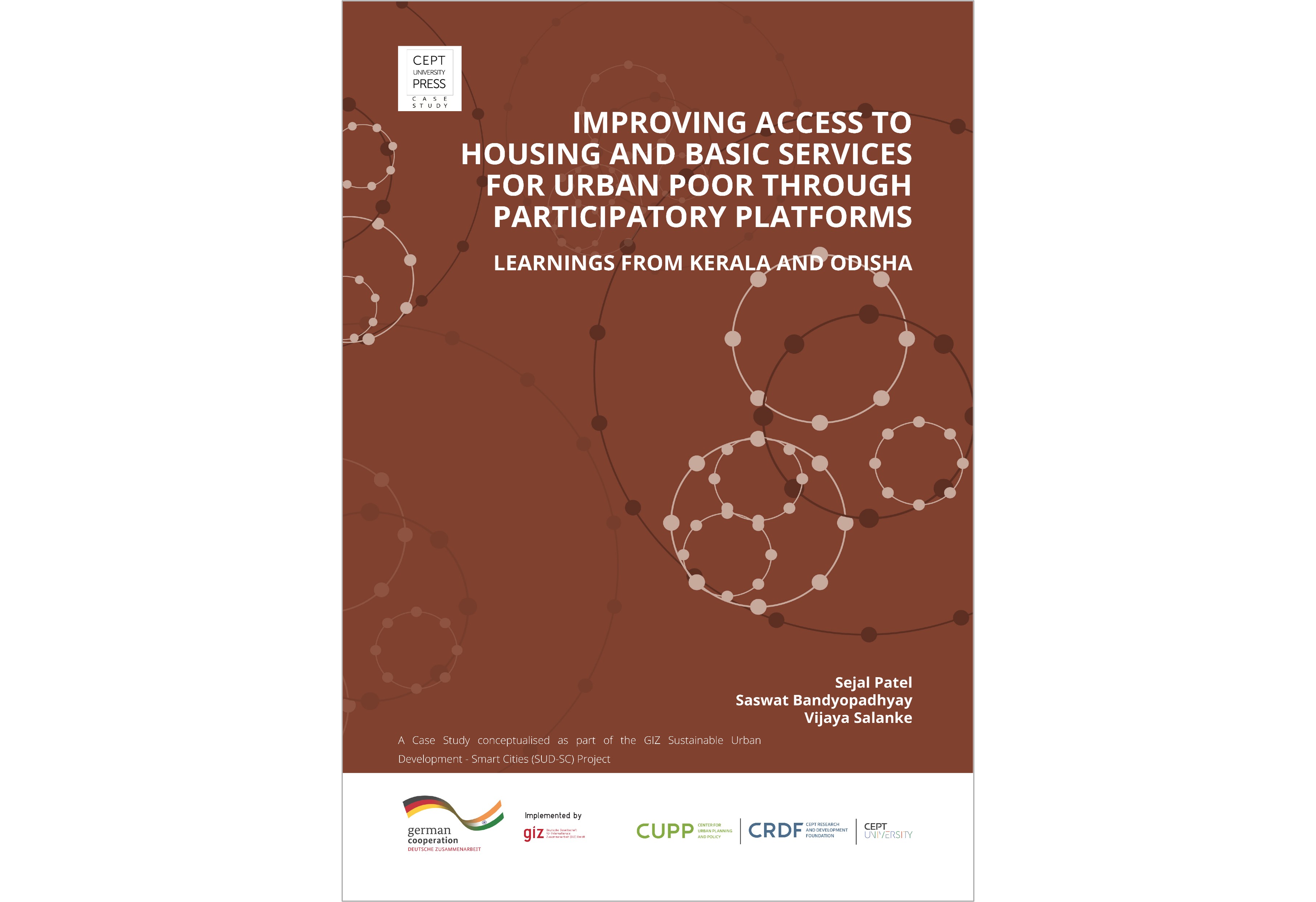
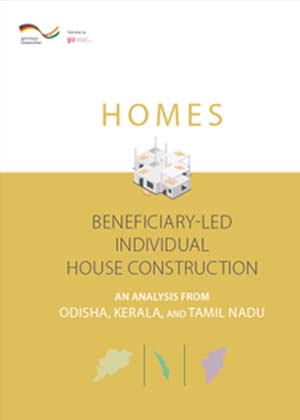
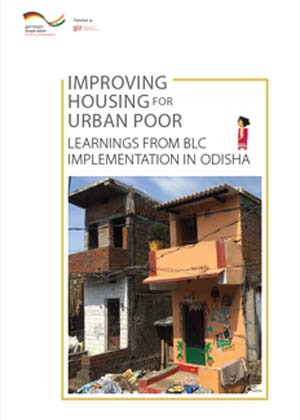
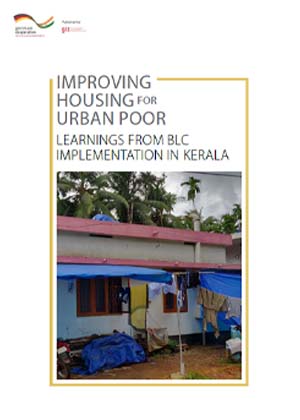
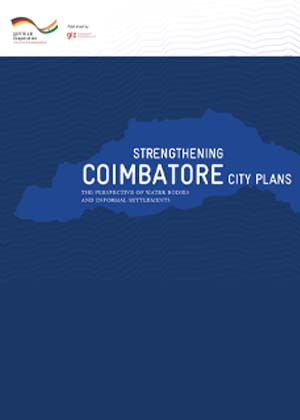
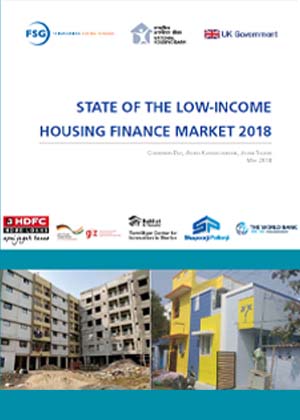




Write a public review